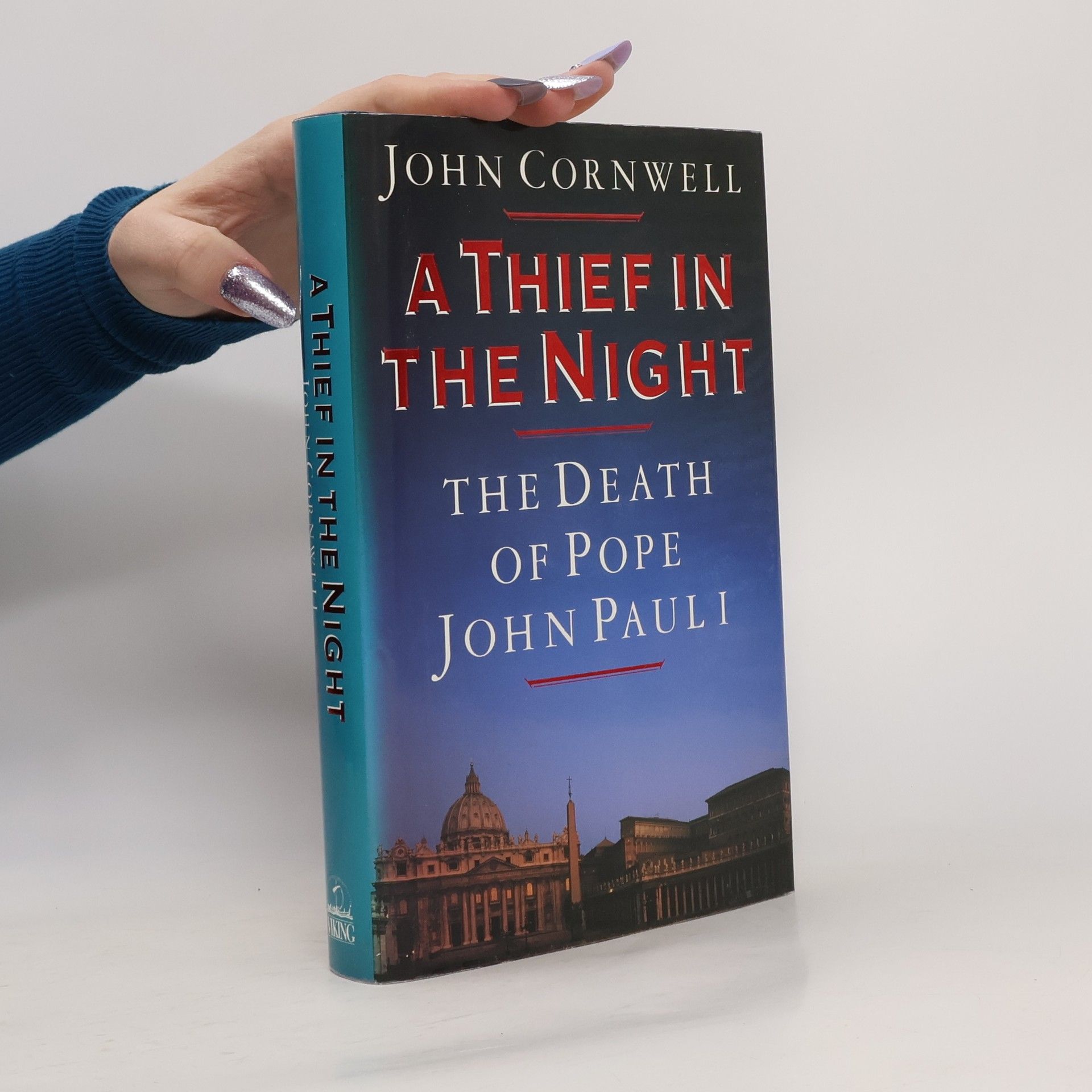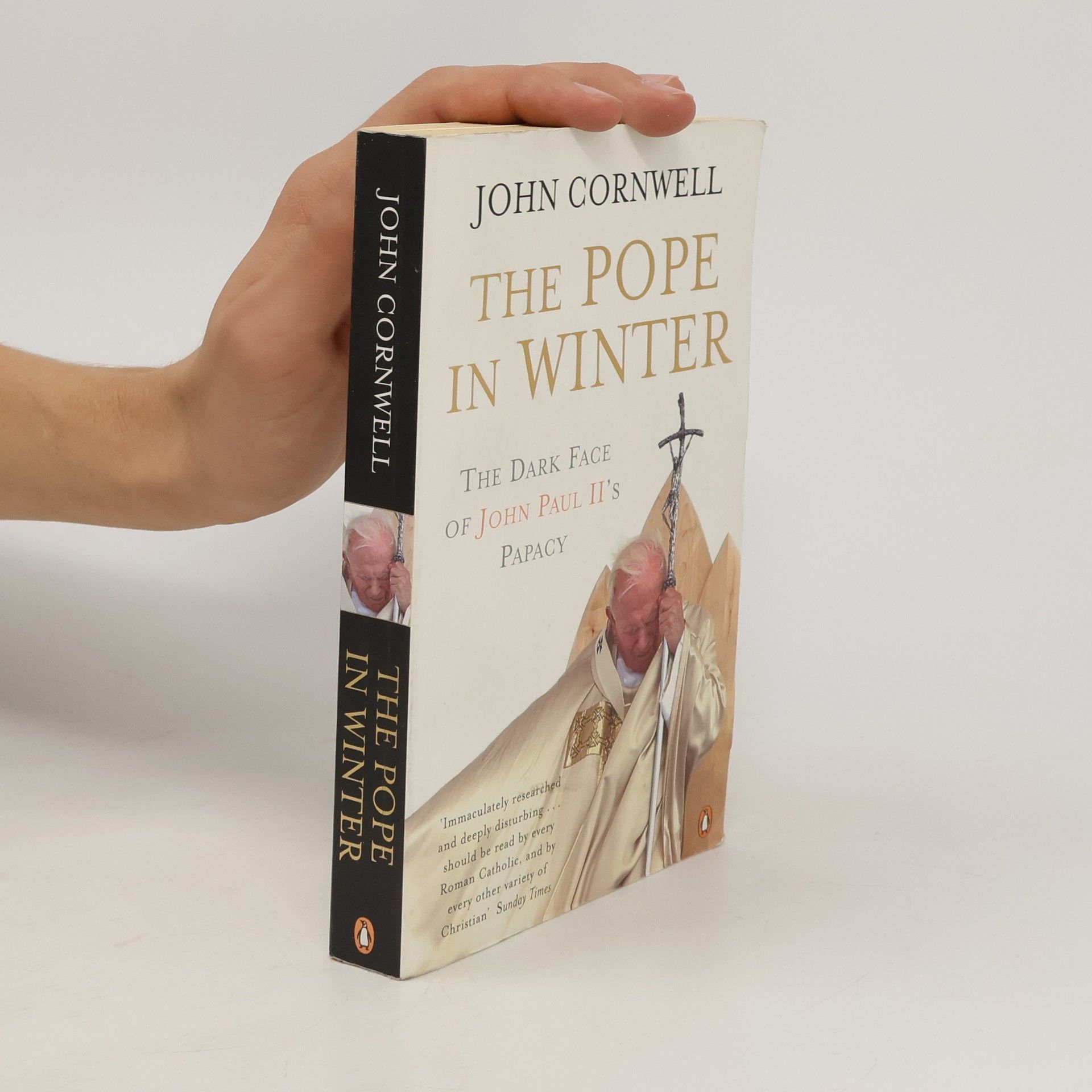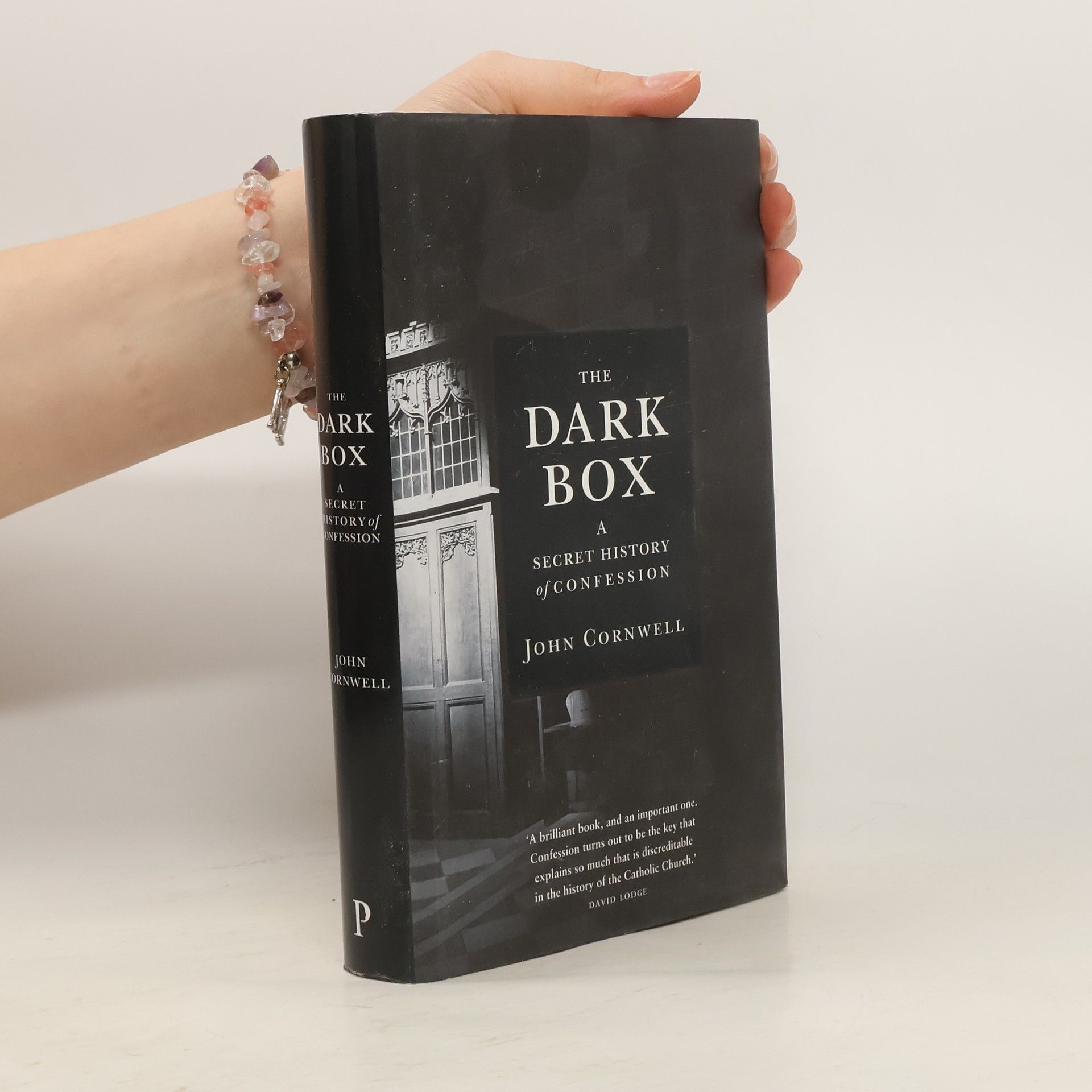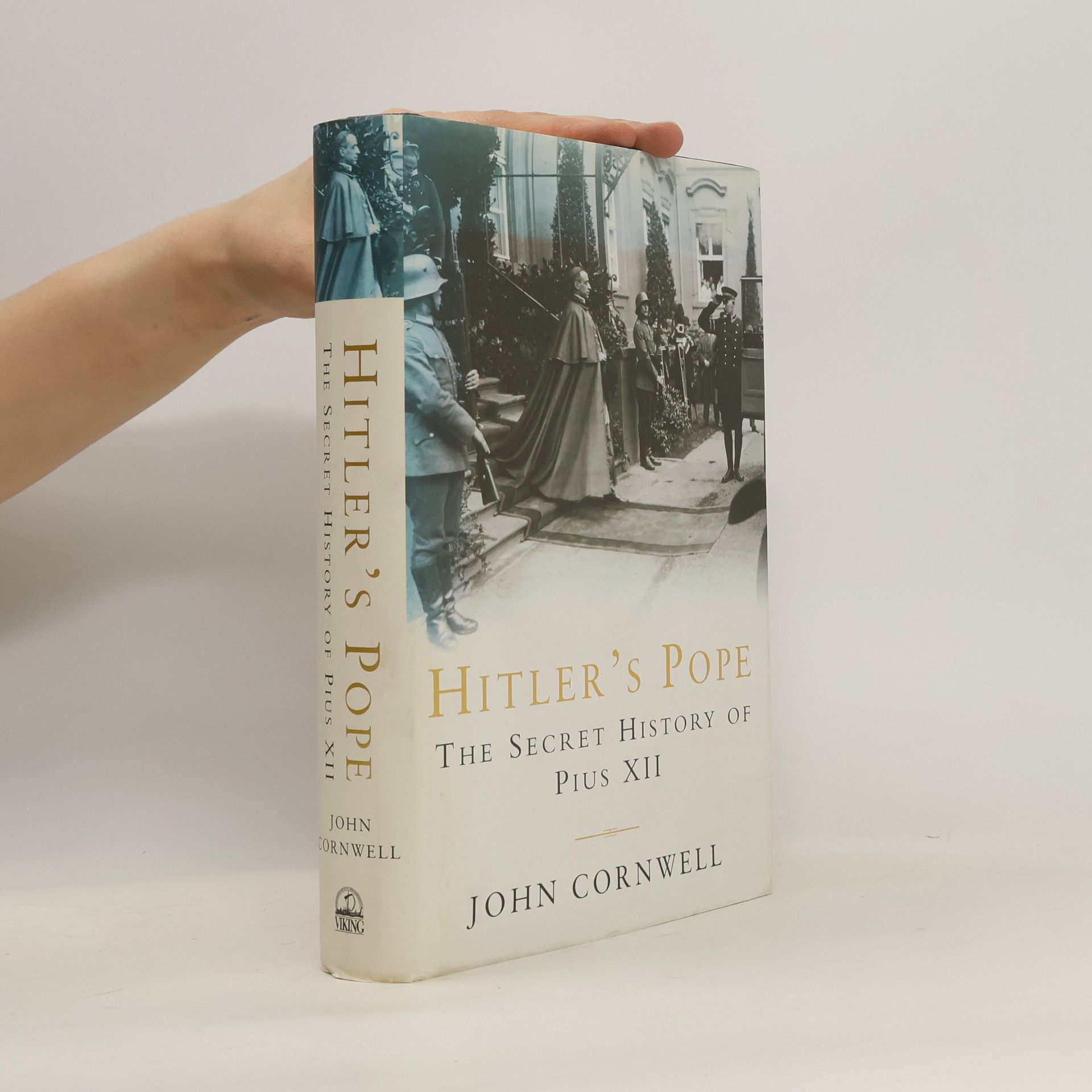'Provokant wird Cornwells Studie zur Geschichte und zur Gegenwart dadurch, dass er Papst Pius X. und sein Dekret 'Quam singulari' in den Mittelpunkt seiner Abhandlung stellt. In ihm bestimmte Pius X. 1910, dass jeder Katholik von nun an einmal in der Woche, statt wie früher einmal im Jahr, zur Beichte gehen müsse. Und noch viel dramatischer: Pius X. führte damit die Kinderbeichte und die Erstkommunion für die erst Siebenjährigen ein. Zu Recht spricht Cornwell von einem 'der gewagtesten Experimente an Kindern, die je im Namen des Christentums verordnet wurden'.', taz, Brigitte Werneburg, 05.02.2014
John Cornwell Bücher
John Cornwell ist ein britischer Journalist und Autor, der für seine investigativen Arbeiten und seine Erforschung der Verbindung zwischen Wissenschaft, Ethik und den Geisteswissenschaften bekannt ist. Seine Schriften befassen sich eingehend mit den komplexen ethischen Dilemmata, die sich aus wissenschaftlichen Fortschritten ergeben, und untersuchen, wie diese Fragen unsere Gesellschaft prägen. Mit akribischer Recherche und scharfsinniger Analyse widmet er sich oft kontroversen Themen und komplexen historischen Zusammenhängen. Über seine Beiträge zum Verständnis der Wissenschaft hinaus bietet er auch tiefe Einblicke in die katholische Kirche und ihre Auseinandersetzung mit der modernen Welt.

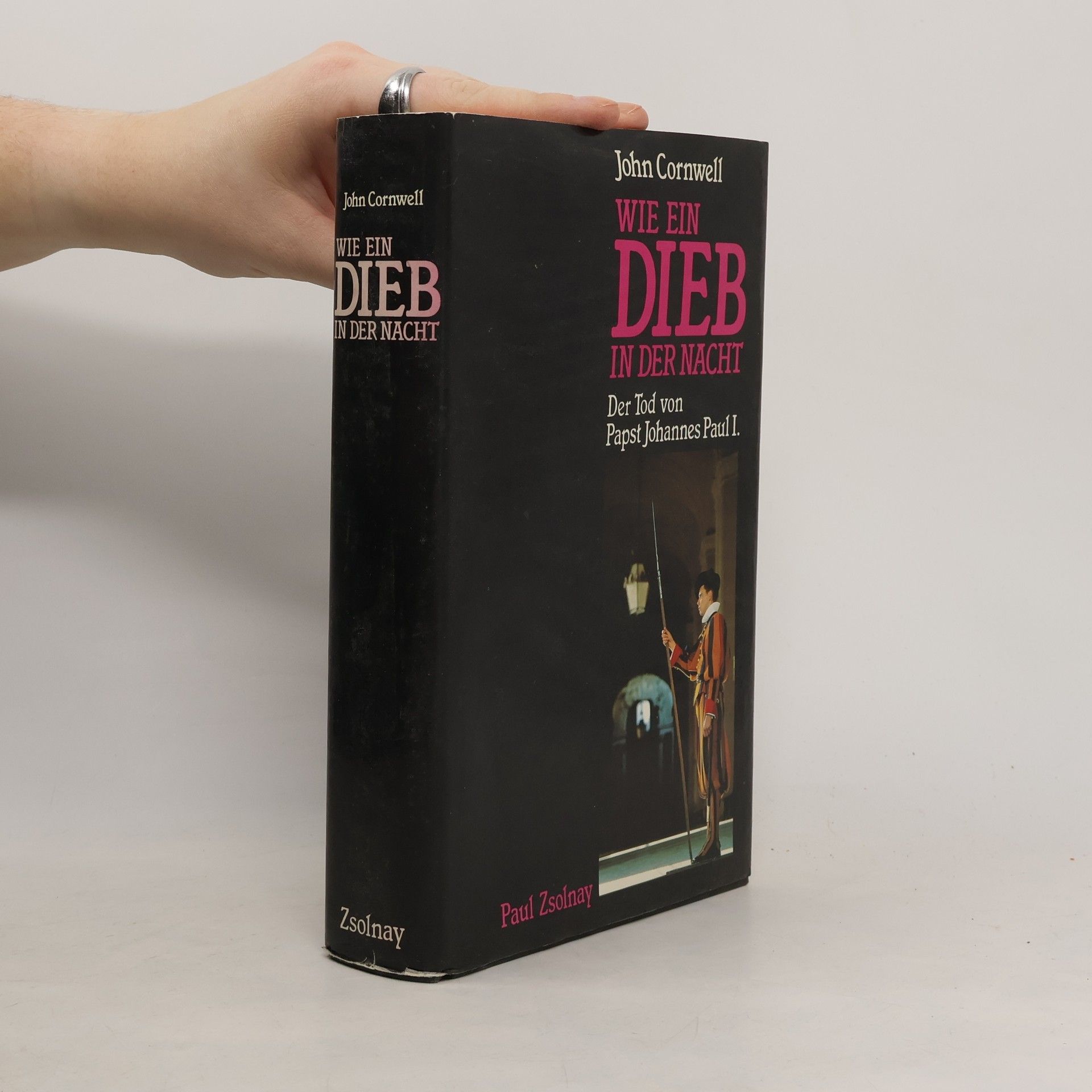


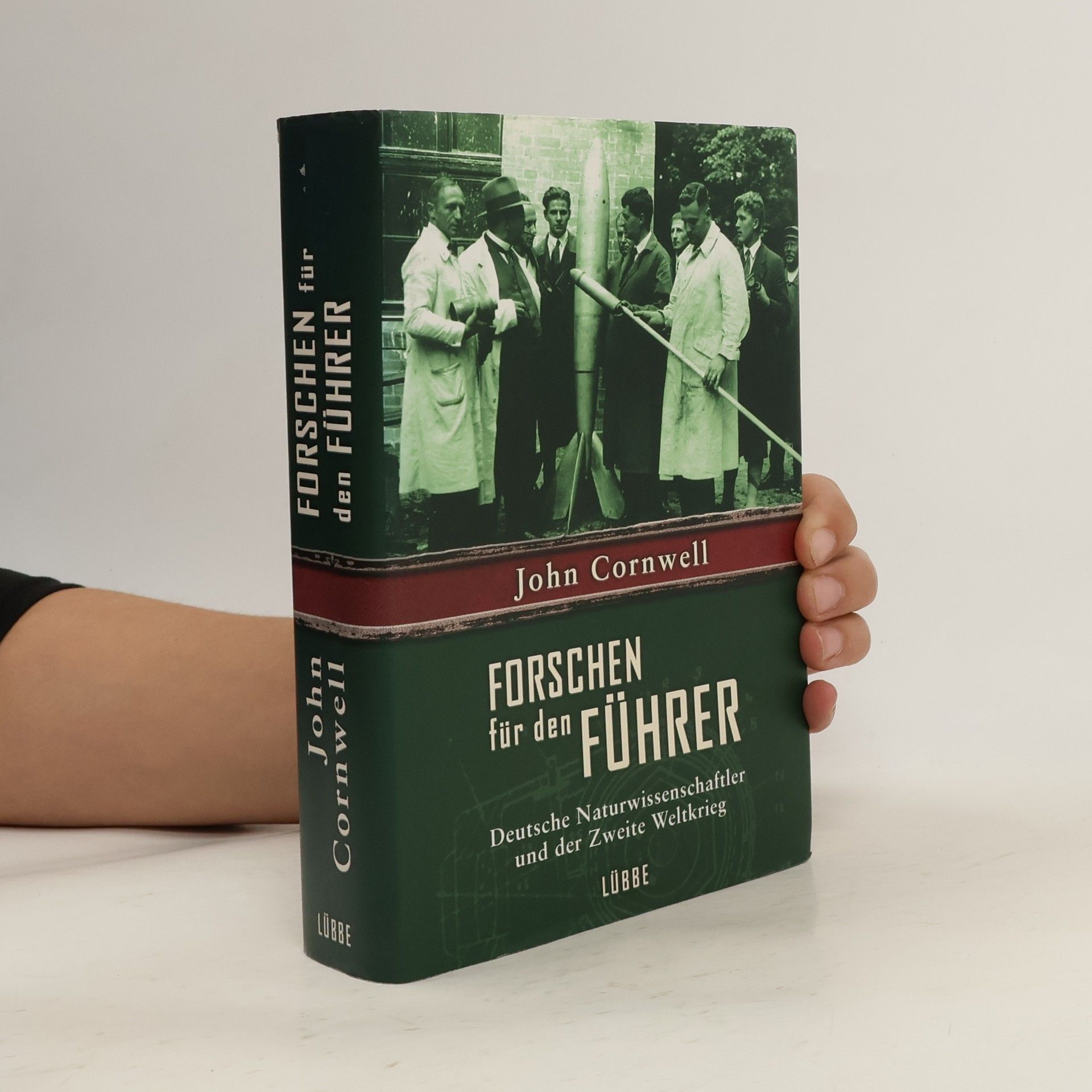
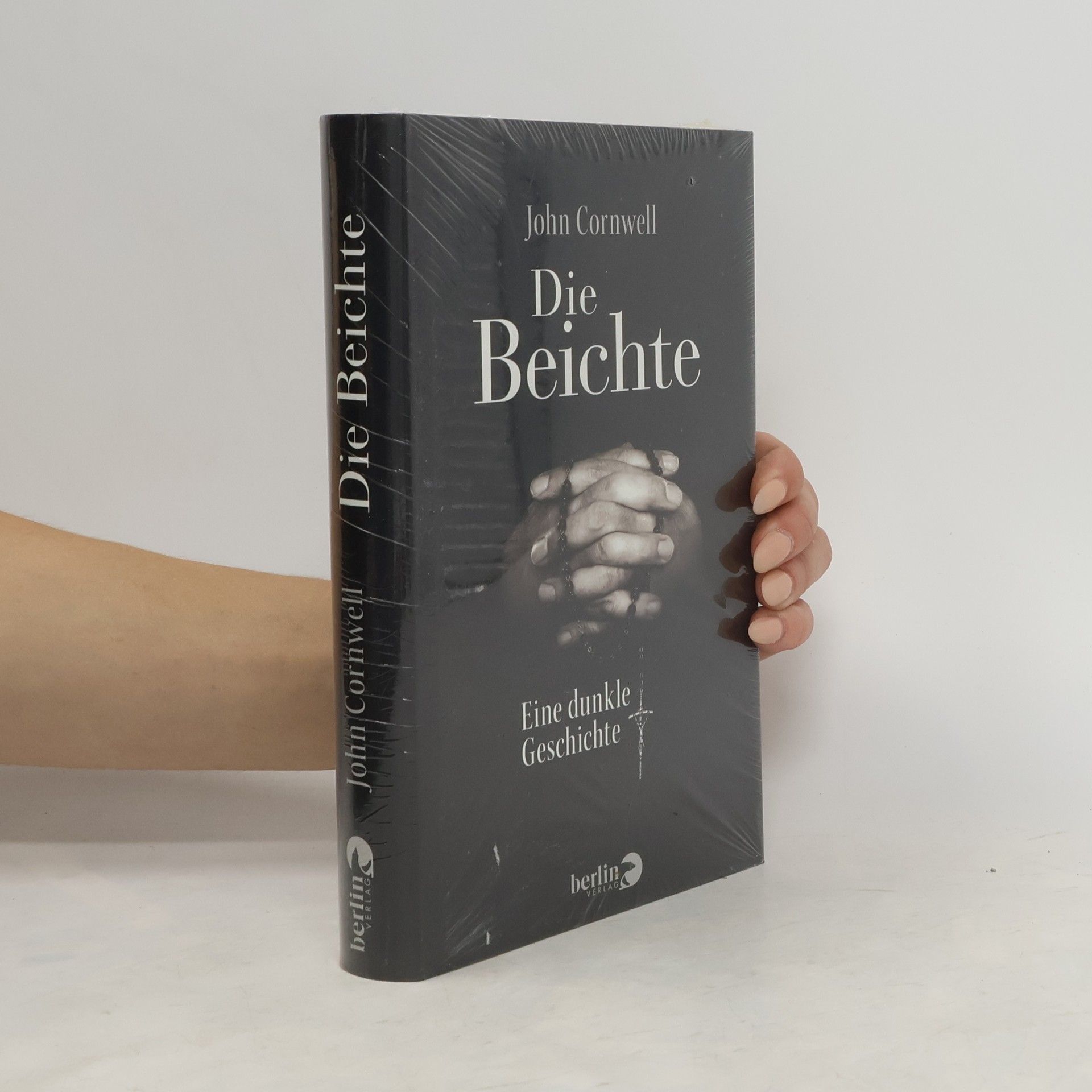
Forschen für den Führer
- 576 Seiten
- 21 Lesestunden
Sie waren unumstrittene Stars und machten Deutschland zum internationalen Mekka der Naturwissenschaften: Wilhelm Conrad Röntgen, David Hilbert, Max Planck, Fritz Haber, Lise Meitner, Otto Hahn, Albert Einstein, Max Born, Werner Heisenberg und viele andere. Kein anderes Land erhielt in den ersten beiden Jahrzehnten des 20. Jahrhunderts so viele Nobelpreise wie Deutschland. Doch mit der Machtergreifung der Nazis im Jahr 1933 waren viele Prominente aus Wissenschaft und Forschung gezwungen, ihr Land zu verlassen. Die, die blieben, wurden in die ideologische Pflicht genommen, mussten ihre Arbeit in den Dienst der Hitler'schen Tötungsmaschinerie und Kriegspolitik stellen. Und sie taten es, entwickelten Panzer, Raketen, chemische Kampfstoffe und Bomben, die die Welt in Angst und Schrecken versetzten. Dies ist die Chronik der deutschen Naturwissenschaften in der ersten Hälfte des 20. Jahrhunderts - einer Wissenschaftsdisziplin, die, zum Nutzen der Menschheit gedacht, millionenfachen Tod brachte. Ein erschreckendes, ein dunkles Kapitel deutscher Geschichte, hier zum erstenmal umfassend dargestellt.
Pius XII.
- 559 Seiten
- 20 Lesestunden
Während sich Europa auf den Zweiten Weltkrieg zubewegt, wird im März 1939 in Rom ein neuer Papst gewählt. Die Wahl des Konklaves fällt auf Eugenio Pacelli. Der Kardinal, der sich fortan Pius XII. nennt, blickt auf eine steile Karriere als Kirchenmann zurück. Bereits das Konkordat mit dem Deutschen Reich vom 20. Juli 1933 trägt seine Handschrift. Es verschaffte dem NS-Regime wertvolle innen- und außenpolitische Anerkennung. Während des Krieges steuert Pius XII. einen Kurs strikter Neutralität, selbst dann noch, als sich die Niederlage der Achsenmächte abzeichnet. Er vermeidet jede klare Verurteilung der Judenverfolgung, über deren Ausmaß er weitgehend unterrichtet ist.§John Cornwell erzählt die Geschichte eines Papstes, der sich im Konflikt zwischen Macht und Moral für das Schweigen entschieden hat und damit für das Einvernehmen mit der Tyrannei - und letztlich mit der Gewalt.
Mächte des Lichts und der Finsternis
- 349 Seiten
- 13 Lesestunden
Wie ein Dieb in der Nacht - Der Tod von Papst Johannes Paul I. - bk1312/1; Paul Zsolnay Verlag; John Cornwell; Paperback; 1989
Pope Francis is ready to embrace significant change within the Catholic Church, even if it means facing collapse as a means of purification. He acknowledges the possibility of being remembered as the one who split the Church, yet envisions a more empathetic and welcoming institution for Catholics. John Cornwell, a bestselling author and scholar, argues that the Pope's disruptive approach is a calculated risk aimed at restoring hope for many Catholics who feel marginalized and disillusioned. With 1.2 billion members, the Church is facing a crisis, as evidenced by a 2018 survey revealing that over a third of American Catholics were considering leaving. Financially, the Church has lost approximately $2.5 billion annually over the past two decades due to clerical abuse cases. Declines in attendance, marriages, and vocations further illustrate the discontent. Cornwell posits that Pope Francis seeks to counteract this decline by challenging long-standing traditions and practices, despite the chaos it may create. His efforts have met resistance from conservative factions within the Church, who fear the long-term implications of his reforms. While some hope for a successor to reverse the "Francis Effect," Cornwell asserts that the changes initiated by the Pope are likely irreversible.
The Late John Paul II was portrayed by admirers as one of history's great popes. But in The Pope in Winter, leading Vatican expert John Cornwell seriously questions the workings of his papacy and points to fundamental flaws - exacerbated by age and infirmity - that have alarming consequences for both the Catholic Church's future and John Paul II's successor.
Would you tell your deepest secrets to a relative stranger? And if you did, would you feel vulnerable? Cleansed? Or perhaps even worse than you did before? Confession has always performed a complex role in society, always created mixed feelings in its practitioners. As an acknowledgement of sinfulness, it can provide immense psychological relief; but while aiming to replace remorse with innocence, its history has become inextricably intertwined with eroticism and shame.The Dark Box is an erudite and personal history; Cornwell draws on his own memories of Catholic boyhood, and weaves it with the story of confession from its origins in the early church to the current day, where its enduring psychological potency is evidenced by everything from the Vatican's 'confession app' to Oprah Winfrey's talk shows. Since the 16th century, seclusion of two individuals in the intimate 'dark box', often discussing sexual actions and thoughts, has eroticised the experience of confession. When, in 1905, Pius X made confession a weekly, rather than yearly ritual, the horrific cases of child abuse which have haunted the Catholic church in the twentieth century became possible.
"Hitler's Pope is the previously untold story of the man who was arguably the most dangerous churchman in modern history: Eugenio Pacelli, Pius XII, Pontiff from 1939 to 1958 and long controversial as the Pope who failed to speak out against Hitler's Final Solution. Here is the full story of how Pacelli in fact prompted events in the 1920s and '30s that helped sweep the Nazis to unhindered power."--Jacket
